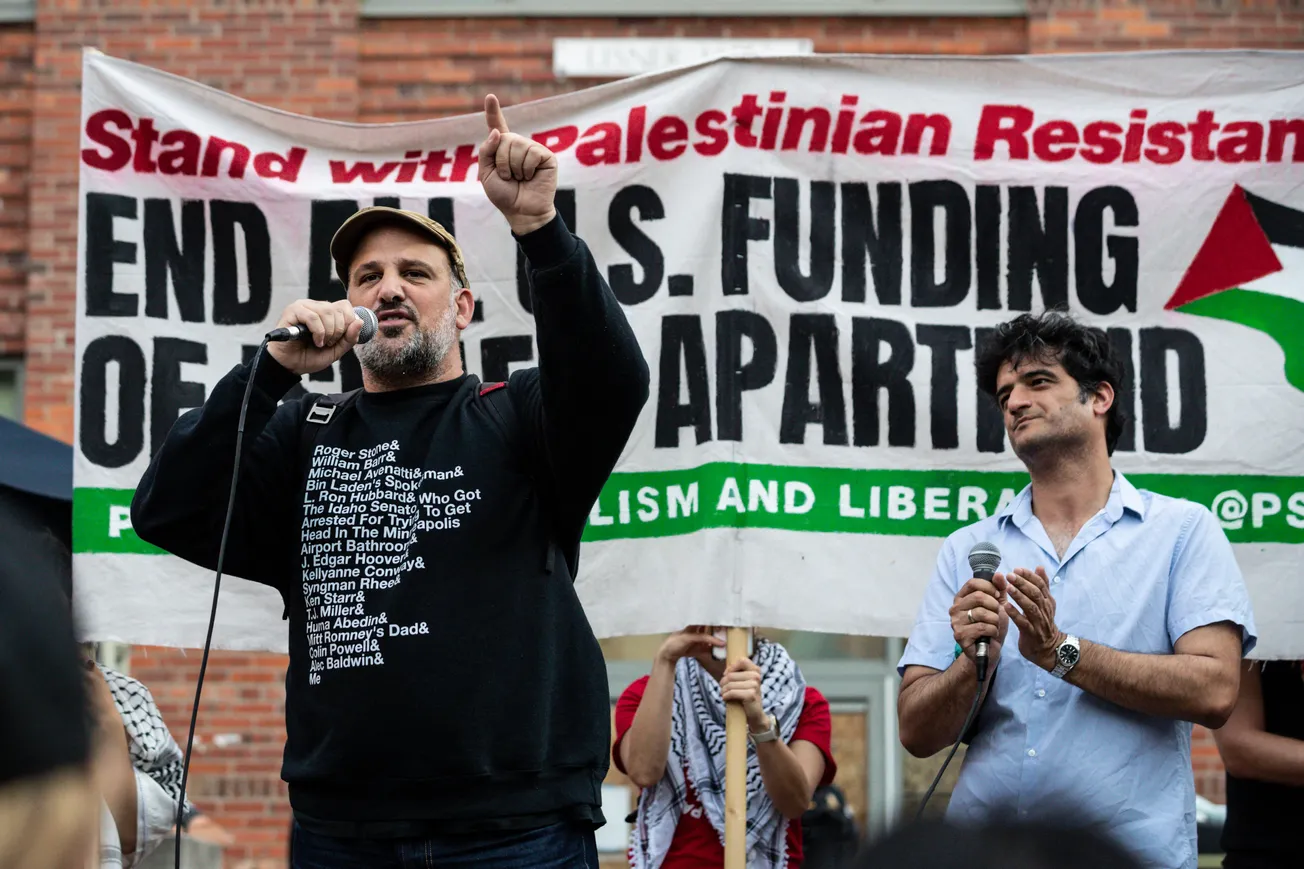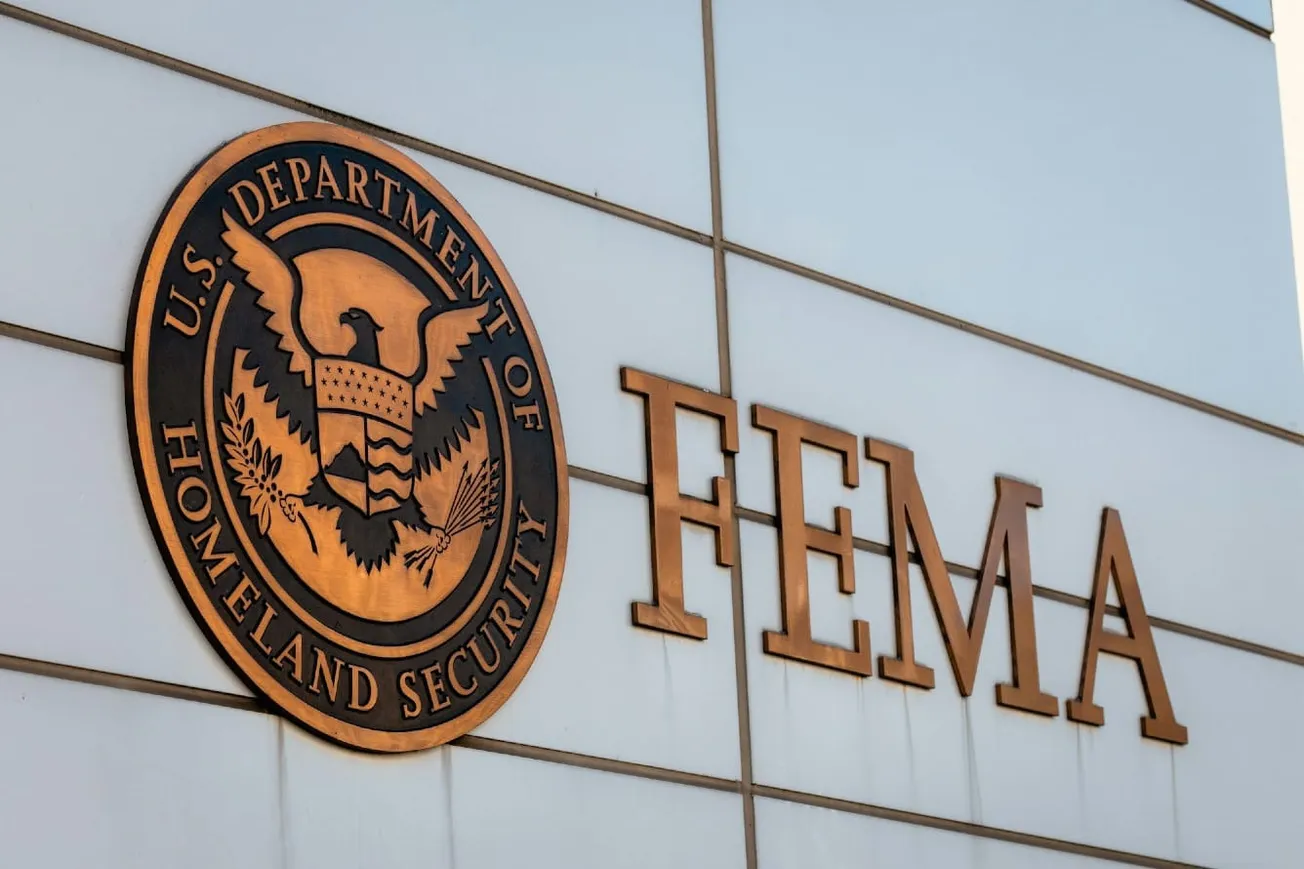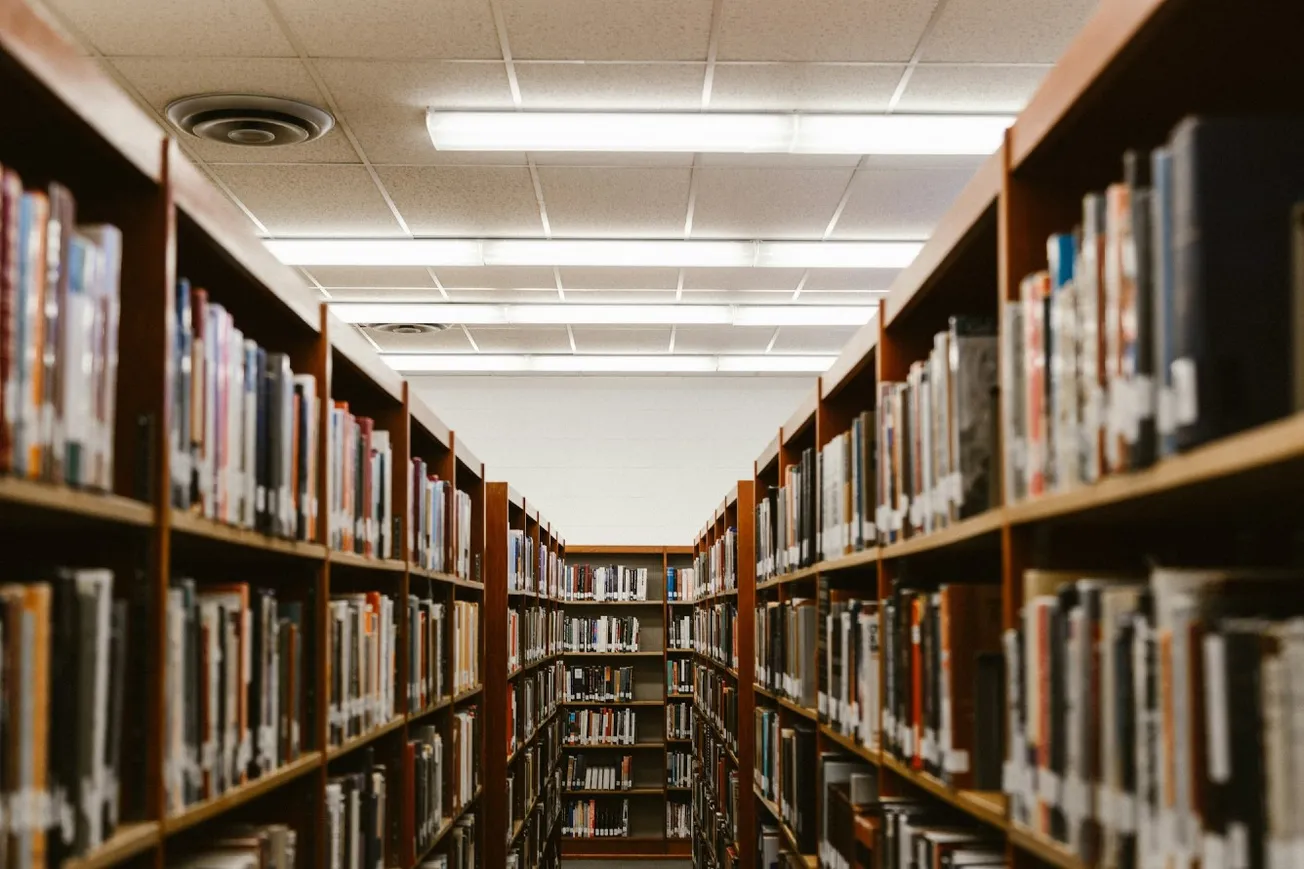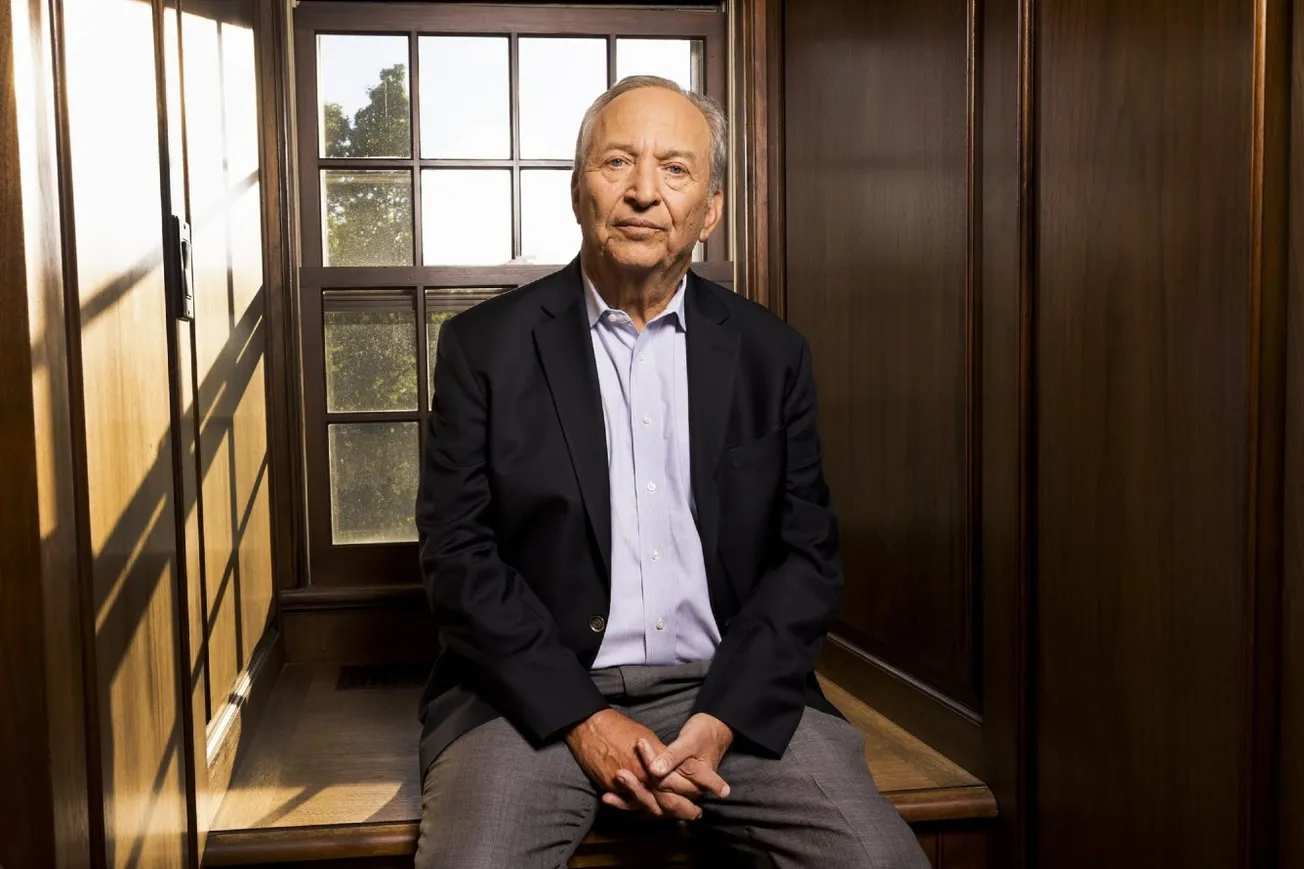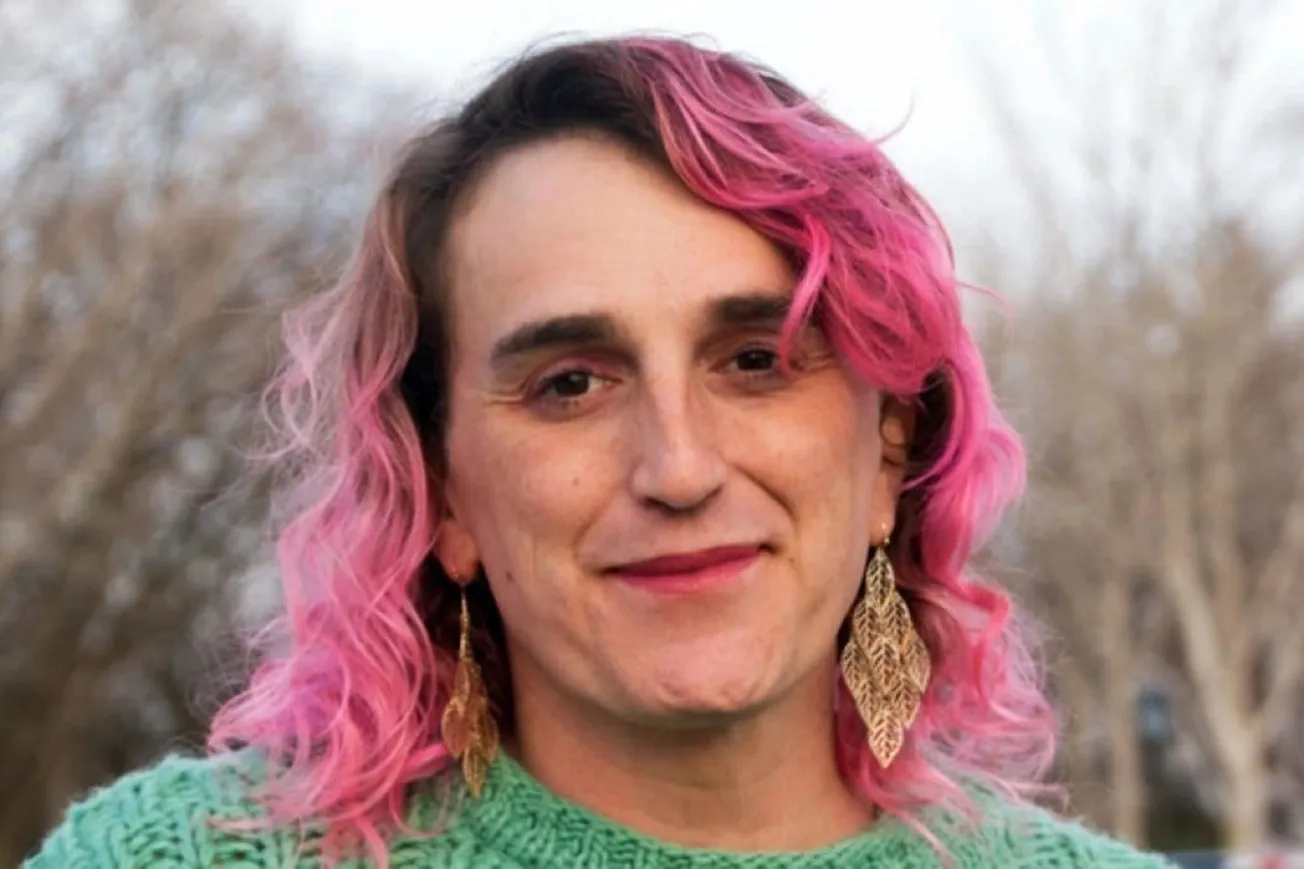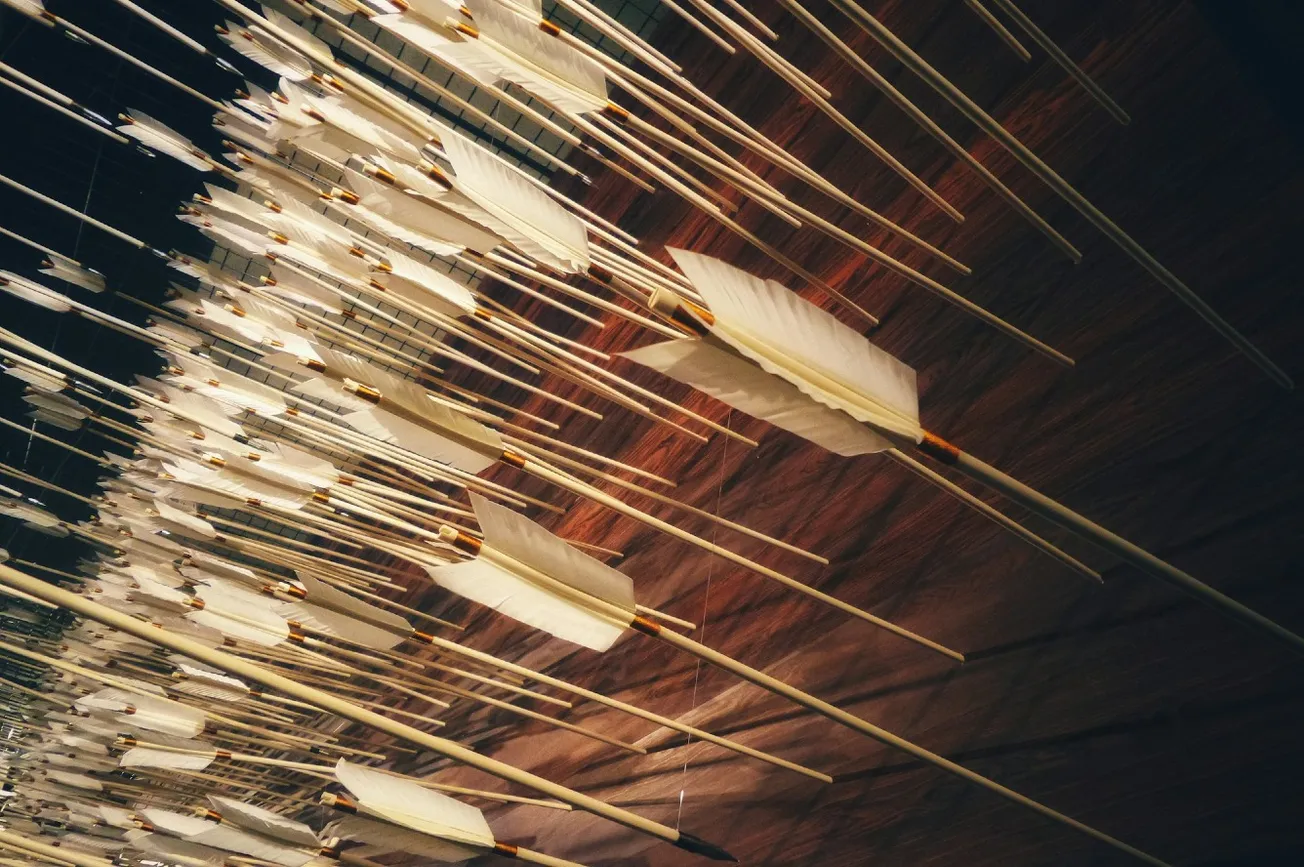Events at the University of Chicago (UC), an elite private university with a storied record of red lines drawn between scholarship and public affairs, are moving toward chaos as liberal professors deepen the campus divide. This regrettable turn will forever taint the relationship nationwide between academia, administrations, students, law enforcement, and parents.
As the New York Times reported, a group of University of Chicago professors said on Monday that they would risk arrest alongside students if police officers attempted to disperse an increasingly fortified pro-Palestinian encampment on a campus quad. "As faculty members, we will protect the safety of our students if the administration attempts to violently remove them, even if that means arrest and detention," said Elham Mireshghi, an assistant instructional professor at Chicago's Divinity School.
This extreme step was unnecessary, given the elegance of the university's president Paul Alivisatos's comments in a letter to the community a few days earlier. He emphasized Chicago's concept of "viewpoint neutrality," that promotes free expression as a core animating value. His administration wanted to provide the most significant leeway possible for free speech, even when viewpoints are deeply offensive.
But, protesters had to abide by university rules to protect law and order.
To illustrate his point, he outlined two examples. In one, from the last quarter, a student group displayed a massive Palestinian flag on the Main Quad accompanied by signage. Although offensive to many, it was considered an exercise of free expression and stood for weeks. In the second example from November, students and faculty occupied Rosenwald Hall, disrupting learning, scholarship, and normal functioning. They were arrested and subject to the University's disciplinary process.
The summary was that intervention occurs only when expression blocks learning or disrupts the functioning and safety of the community. It is the gold standard for striking a balance between free expression and normal university operations.

Rewind to the disruptive Vietnam protests and the Democratic Party convention in Chicago in 1968. University administrations struggled to editorialize what was going on and take sides. But not the University of Chicago.
The Chicago principle of viewpoint neutrality emphasized that the institution should remain neutral regarding the content of speech and expression, regardless of how controversial or offensive it may be. No speech is suppressed or censored. Instead, the focus is on promoting dialogue, critical thinking, and the exchange of ideas in the belief that pursuing truth requires exposure to a wide range of perspectives, even those that challenge preconceptions.
Stanford University, which was mired in its own problems about taking sides in a free speech debate, referred later to how it had missed the ball by not embracing the Chicago principle about viewpoint neutrality. Recall that in May 2022, the Stanford Law School's Federalist Society invited Judge Kyle Duncan, a senior judge on the U.S. Court of Appeals for the Fifth Circuit, to give a speech on campus. His invitation sparked controversy due to his stances on various issues, including transgender rights and LGBTQ+ rights.
On March 9, 2023, as Judge Duncan began his remarks, dozens of Stanford law students bullied him, preventing him from proceeding. Despite his attempts to speak for about 10 minutes, the protesters continued to disrupt the event. The Associate Dean for Diversity, Equity, and Inclusion, Tirien Steinbach, was present but did not intervene to stop the disruption. Instead, she addressed the crowd, praising the hecklers and rebuking Duncan, claiming that his work had caused harm to many people. It was a classic case of a university taking sides in a debate and abandoning the idea of viewpoint neutrality. The event ended with federal marshals escorting Judge Duncan out for his safety.
In the days following the incident, Stanford issued a formal apology to Judge Duncan. The Dean of the Law School, Jenny Martinez, announced that all SLS students would undergo mandatory training on freedom of speech and legal professional norms. Dean Steinbach was placed on leave - and a few months later, she terminated her relationship with Stanford.
In a mea culpa, Stanford President Richard Saller has focused on "protecting academic freedom and the autonomy of the University," a nod to the vaunted University of Chicago's viewpoint neutrality principle. He refrains from issuing statements about international or national affairs unless they directly impact the University's mission. Saller believes that academic freedom allows for diverse viewpoints to come together in debate, even when he disagrees with certain positions.
As the pro-Palestine protests have spread, university administrations, even those that hew to the neutrality principle, are in a dilemma. Many of the protesters are external professional activists funded by Left-leaning organizations, so administration warnings about disciplining them with routine academic penalties are meaningless. Besides, many students are willing to risk their academic records for what they believe is a just and righteous cause.
When protesters, thus immune to penalties, step up the intensity of their demonstrations, disturbing other students' access to campus resources or even graduation ceremonies (Columbia canceled its main commencement), administrations are forced to call in law enforcement to restore order and public safety. It is unconscionable that responsible academics, such as Elham Mireshghi of the University of Chicago, are siding with lawlessness in the name of free speech.
Professors at other universities are bound to do the same, compounding the issue nationwide. As the New York Times reported, at least three dozen history professors at the University of Virginia in Charlottesville signed an open letter on Sunday condemning "the repression of a peaceful protest of our students" by the police, a day after officers in riot gear clashed with pro-Palestinian demonstrators, spraying chemical irritants and arresting at least 25 people.
Liberal college professors are stoking flames on campuses - a dangerous turn that mimics the BLM madness of the summer of 2020. The political undertones are significant. That every protest, captured live on TV, takes the mind of the average American away from Biden's disastrous policy failures is the Left's hope.

